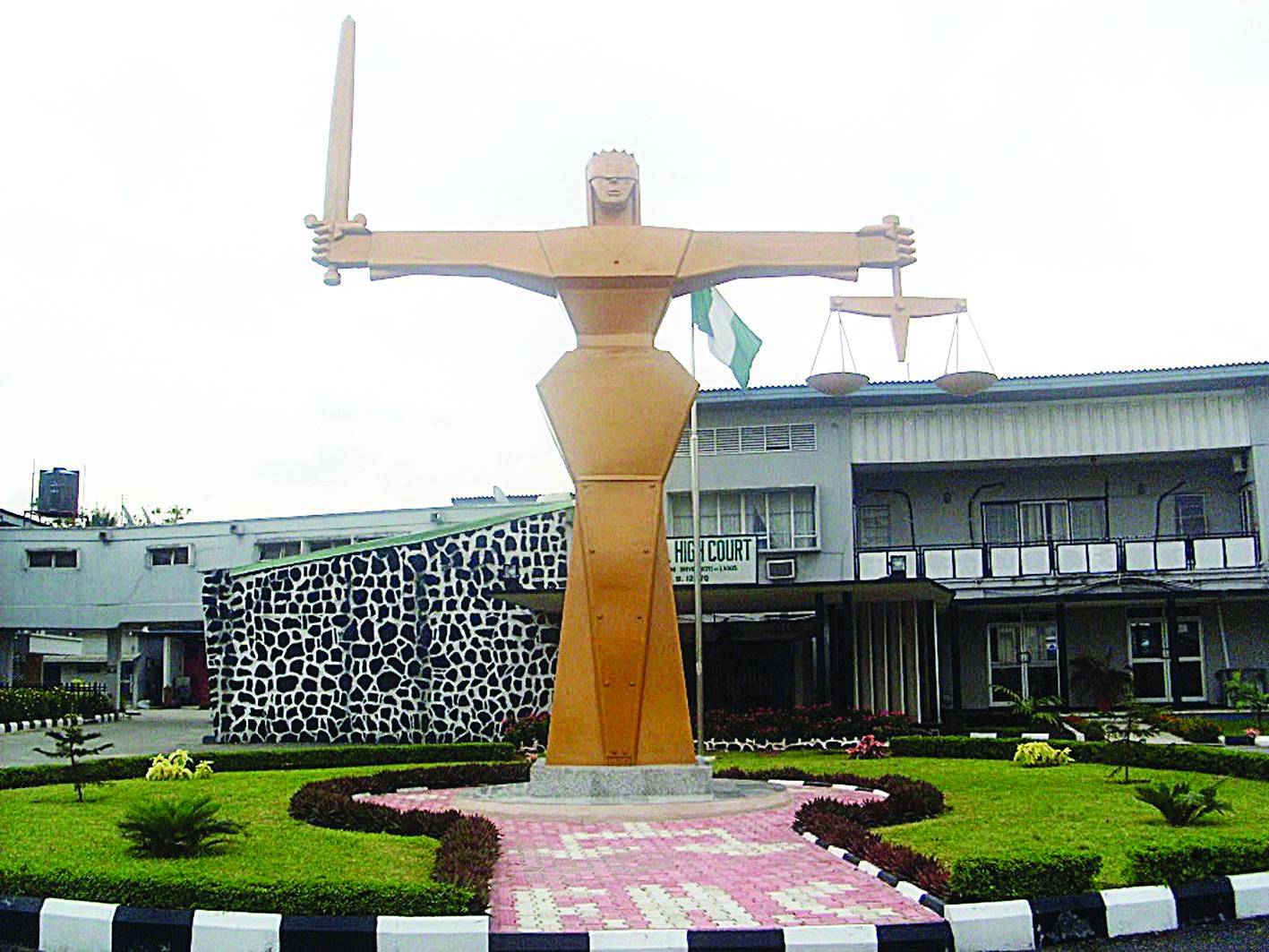
by Legalnaija | Jan 4, 2016 | Uncategorized
 |
| Credit – criminaldefendant.com |
I remember a time when it was regular to see police officers mounting road blocks on Nigerian roads. The police used these road blocks as a means for searching vehicles they suspected of transporting unlawful items or suspicious persons. However, it was largely recorded that officers also used this opportunity to extort motorists, sometimes by accusing such motorists of an illegality or by outright demand for a settlement or cash gift. Incredibly, though, the Police hierarchy outlawed check points and they have gradually become a thing of the past.
Nigerians, however, still deliberate over the right/power of the police to stop and search a vehicle or its passenger without a search warrant. For instance,
when a police officer waves you down and demands to search your vehicle without a warrant or a reasonable cause in your opinion, couldn’t it be termed a form of harassment? Truth is, the Nigerian police have a very wide range of powers in line with their mandate to provide adequate peace and security to every Nigerian and in regard to searching persons they are covered by the provisions of the Police Act, which states in Section 29 that, a police officer may detain and search any person whom he reasonably suspects of having in his possession or conveying in any manner anything which he has reason to believe to have been stolen or otherwise unlawfully obtained.
The above law empowers the police to search any person but the law does not define the elements that must exist before a policeman can be said to reasonably be suspicious of anyone, this part of interpretation is often left to the police officer. Therefore, a person with a beard can be reasonably suspected of being a terrorist or a youth with a tattoo or dreadlocks can be reasonably suspected to be a misfit or hooligan.
This lacuna leaves room for unscrupulous officers to still take advantage of the law and extort motorists, however, the Police must always be commended for their efforts in fighting crime and keeping the streets safe and its such powers as that contained in the above Section 29 that enables them to do so. If you are ever stopped by a police officer, I recommend you pull over and do exactly what he says, he has the authority to do so and remember that not everyone who stood up to Nigerian policeman lived to tell the tale, we still have trigger happy officers in the police force.
Adedunmade Onibokun
@adedunmade
dunmadeo@yahoo.com

by Legalnaija | Jan 3, 2016 | Uncategorized
Do you
know that all forms of human trafficking in Nigeria are prohibited?
Any
person who recruits, transports, transfers, harbours or receives another person
by means of –
a.
Threat or use of
force or other forms of coercion.
b. Abduction, fraud,
deception, abuse of power or position of vulnerability;
c.
Giving or receiving
of payments or benefits to achieve the consent or control of a person having
control over another person, for the purpose of exploiting that person;
Commits an
offence and is liable on conviction to imprisonment of not less than 2 years
and a fine of not less than N250,000.
Section 13, Trafficking In Person (Prohinbition) Enforcement And
Administration Act 2015.

by Legalnaija | Jan 2, 2016 | Uncategorized
I hate it when I
move heaven and earth to ensure I get to Court early only to find out that the
court will not be sitting or in other words the judge will not be coming. Numerous
times, I have driven in the Lagos traffic for 3 hours just to ensure I get to
court well before 9 am or travelled to another state only to hear the court registrar address counsel and
inform us that the court will not be sitting. It hurts and I remember a counsel
who expressed his displeasure after having come all the way from Abuja to court
in Lagos and be informed that the court will not sit, he had expended money for
travel and even hotel lodging.
If you are in
litigation practice or a litigant, you must have experienced this. There have
been many persons who stay longer in jail, prison or detention just because the
court has not sat to determine their bail applications and they thus have to
stay back in detention for many more weeks awaiting another adjournment date.
Another instance,
is a client who hires a private plane on the insistence of his lawyer to ferry
the firm’s team from Abuja to court in Lagos only for everyone to get to court
and learn the judge will not be coming, how frustrating will that be to the
client and if such client gets judgment in his favour eventually, what will be
the value of such victory to such a client who has expended such expense in the
course of litigating his matter before the court.
Sadly the judiciary
doesn’t seem to care, I have never heard it discussed in symposiums before, neither
has there been any focus on solving this issue, apparently the judges do not
even see it as an issue. Why should a counsel or litigant spend time and money to
get to court only to find out that the court will not sit. Doesn’t this
practice increase the cost of litigation exponentially? The courts have a duty
to ensure a speedy and cost effective dispensation of justice and not to mount unnecessary
pressure and costs on litigants.
I am using this
medium to urge the courts to save litigants and counsel from the pains and cost
they cause by not giving prior information that the court will not be sitting. And
all they need to do is send a text message to counsel. A text message cost only
four naira and I am sure that a court with a daily budget of 500 naira will
have enough funds to text all counsel on the cause list to inform them that the
court will not be sitting. I don’t know
if this is too much to ask from the judiciary or maybe they are too busy to
even care.
Adedunmade Onibokun
@adedunmade
Dunmadeo@yahoo.com





